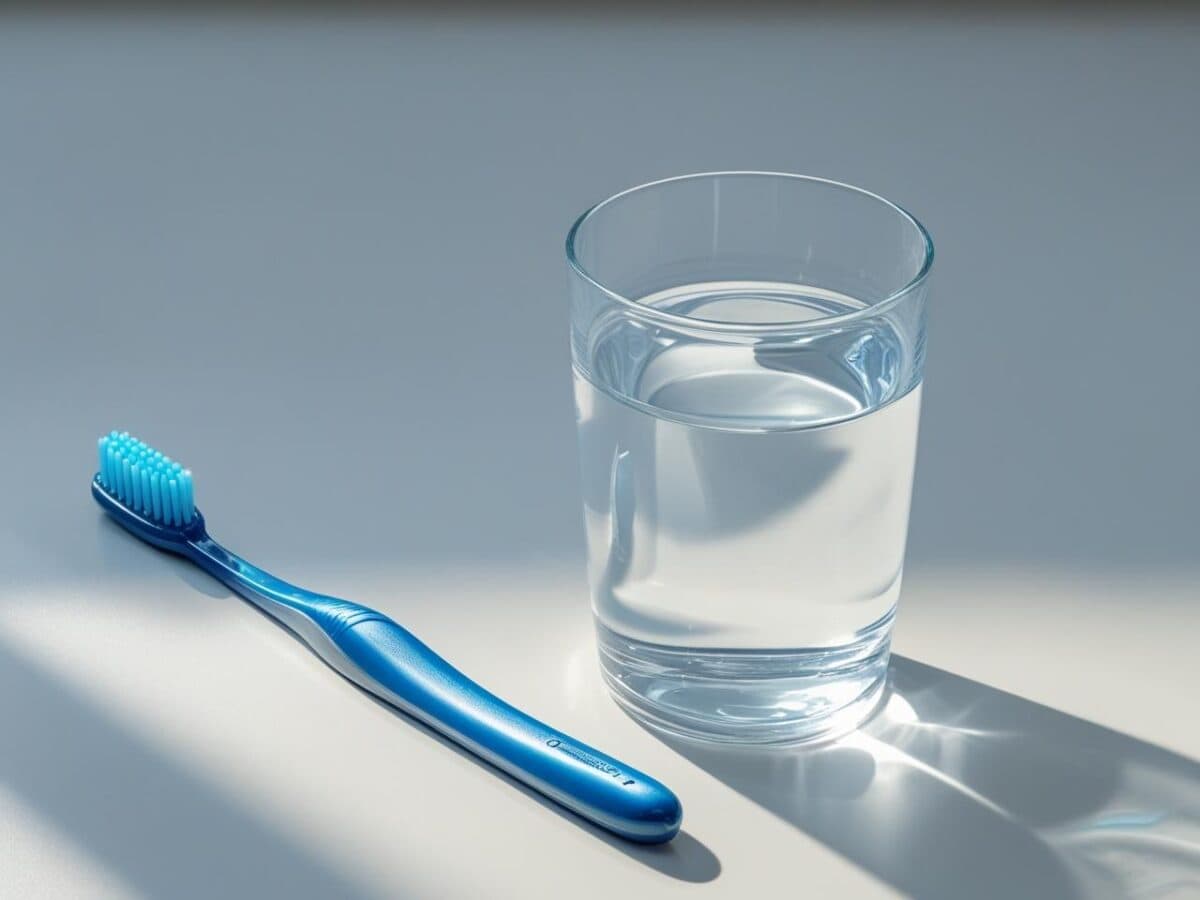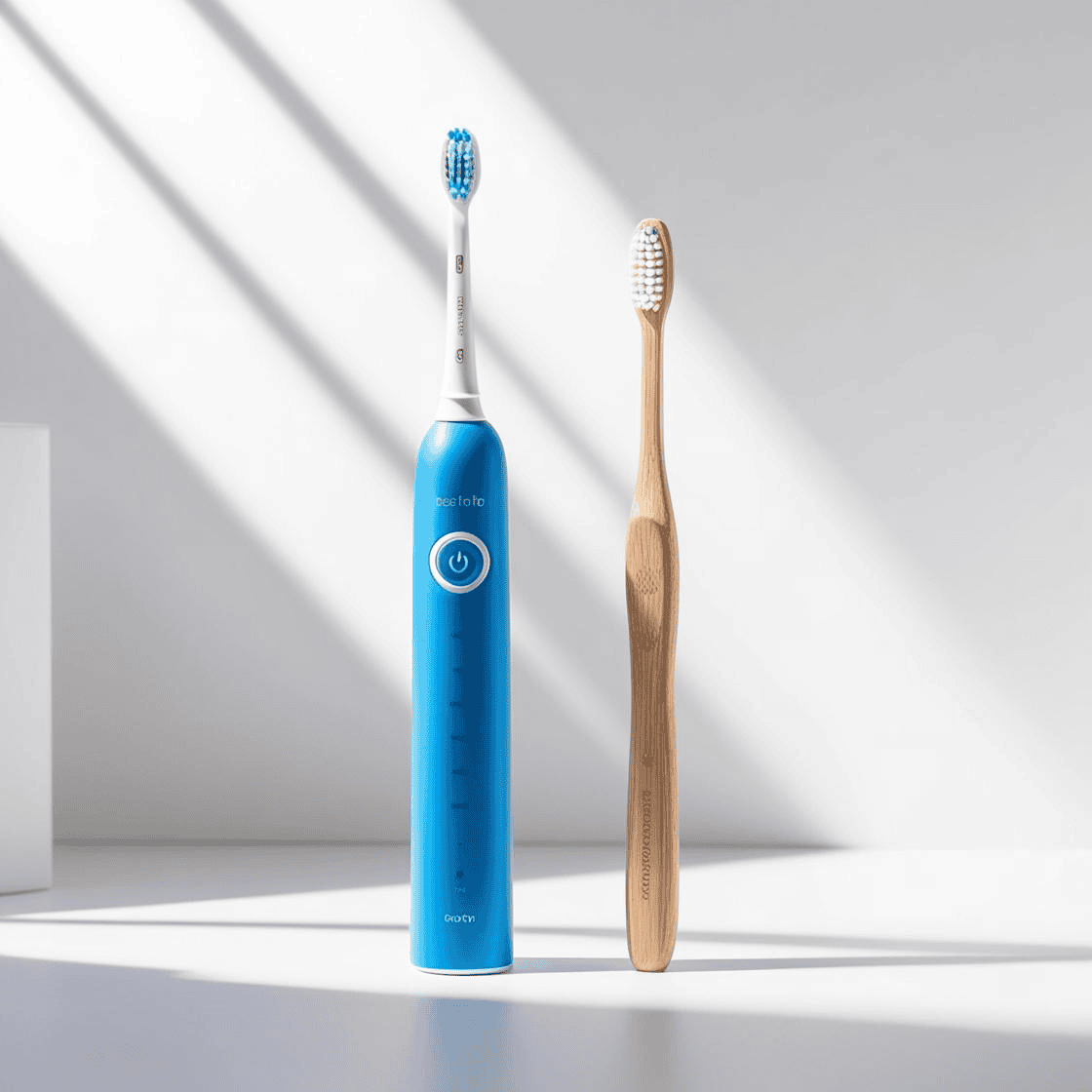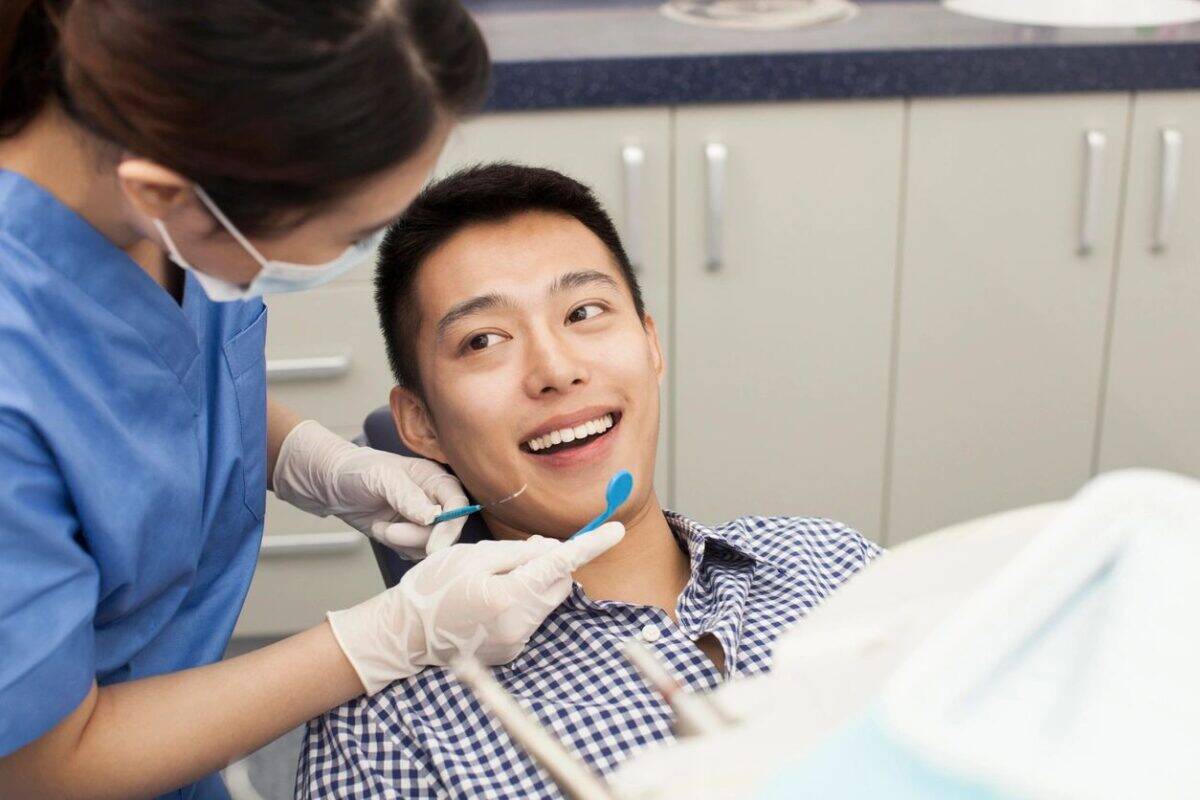So many patients suffer silently with dry mouth, often not even knowing they have it. Dry mouth, or xerostomia, occurs when the salivary glands don’t produce sufficient saliva to keep the mouth moist. This condition can lead to discomfort and various oral health issues. Persistent dry mouth can also lead to complications such as tooth decay, gum disease, and oral infections. Understanding dry mouth and how to treat it is important in maintaining good oral health. In this blog we’re going to break down the causes and symptoms of dry mouth as well as how to manage it.
Causes of Dry Mouth
Several factors can contribute to dry mouth:
- Medications: Numerous prescription and over-the-counter drugs list dry mouth as a side effect, including antihistamines, decongestants, and medications for high blood pressure and depression.
- Medical Conditions: Conditions such as diabetes, stroke, meonopause and autoimmune disorders like Sjögren’s syndrome can lead to reduced saliva production.
- Cancer Treatments: Radiation therapy, especially targeting the head and neck, can damage salivary glands, resulting in decreased saliva production.
- Lifestyle Factors: Smoking, chewing tobacco, and alcohol consumption can exacerbate dry mouth symptoms.
- Age: As we age our saliva production decreases.
Symptoms Associated with Dry Mouth
Common signs of dry mouth include:
- A sticky, dry feeling in the mouth
- Frequent thirst
- Sores or split skin at the corners of the mouth
- Cracked lips
- A dry, rough tongue
- Difficulty chewing, swallowing, or speaking
- Altered taste sensation
- Bad breath
Managing and Treating Dry Mouth
To alleviate dry mouth symptoms:
- Stay Hydrated: Regularly sip water or sugarless drinks to keep the mouth moist.
- Stimulate Saliva Production: Chewing sugar-free gum or sucking on sugar-free candies can help stimulate saliva flow.
- Maintain Oral Hygiene: Brush twice daily with fluoride toothpaste, floss regularly, and visit your dentist for routine check-ups.
- Use a Humidifier: Adding moisture to the air, especially during sleep, can prevent mouth dryness.
- Avoid Drying Substances: Limit intake of caffeine, alcohol, and tobacco products, as they can worsen dry mouth.
If these measures don’t provide relief, consult a healthcare professional. They may recommend saliva substitutes or medications to stimulate saliva production.
When to Seek Professional Help
If dry mouth persists despite self-care measures, or if you experience severe discomfort, difficulty swallowing, or signs of infection, it’s essential to consult a healthcare provider. They can identify underlying causes and recommend appropriate treatments to manage the condition effectively.
Understanding dry mouth and addressing it promptly is crucial for maintaining oral health and overall well-being.






